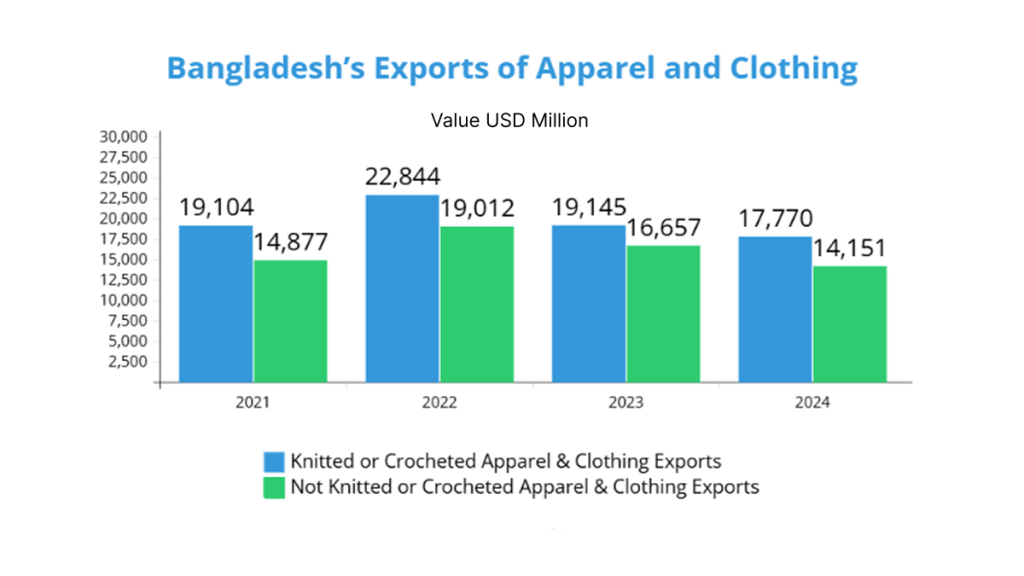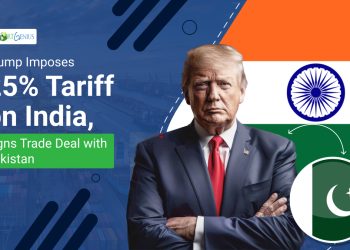In recent months, Bangladesh has become increasingly cornered by global and regional powers. While striving to assert itself as a maritime and regional hub, the country is being squeezed on multiple fronts—from Washington’s economic pressure to New Delhi’s strategic pressure and China’s waning interest. The once-promising ambition of becoming a key player in the Indo-Pacific now seems riddled with complications. Here is a detailed overview of how Bangladesh is under siege by US sanctions and India’s geopolitical pressure.
Economic Strains: US Sanctions and Tariff Pressures
In a move that strained Dhaka’s already fragile economy, the United States recently rejected Bangladesh’s request to waive tariffs for 90 days on textile exports—its largest export sector. The US, increasingly focused on decoupling from China and strengthening regional allies like India, has made it clear that countries engaging too closely with Beijing will face consequences. Bangladesh’s growing alignment with China, especially in infrastructure and defense cooperation, hasn’t gone unnoticed.

| Year | Knitted or Crocheted Apparel & Clothing Exports | Not Knitted or Crocheted Apparel & Clothing Exports |
| 2021 | 19,104 | 14,877 |
| 2022 | 22,844 | 19,012 |
| 2023 | 19,145 | 16,657 |
| 2024 | 17,770 | 14,151 |
******Value USD Million
This denial is part of a broader geopolitical strategy, as Washington places economic levers at the forefront of its global influence. With the US viewing China as its number one strategic competitor, any nation drifting into Beijing’s orbit may find itself economically isolated—Bangladesh is no exception.
India’s Military Mobilization and Strategic Posture
To the east, India has intensified its military deployments around the Siliguri Corridor—a narrow, strategic strip of land linking mainland India to its northeastern states. Reports suggest that India has positioned S-400 missile systems, Rafale jets, Sukhoi Su-30MKIs, and Pinaka multi-barrel rocket launchers in the region, reinforcing its dominance.
This militarization is not only a response to potential threats from China but also a message to Bangladesh. Following Dhaka’s growing ties with Beijing—including joint plans to develop infrastructure near the sensitive corridor—India is making it clear that any strategic overreach will be met with forceful resistance.
Additionally, India’s decision to ban the transshipment of Bangladeshi textiles has hit the latter’s economy hard. The move not only disrupts trade routes but sends a strong signal about India’s willingness to use economic tools for geopolitical ends.
China’s Cold Shoulder
While Bangladesh has invited Chinese military delegations and declared itself the “guardian of the ocean” in a bid to court Beijing, the response has been lukewarm. China is increasingly focused on its corridors through Myanmar and Pakistan and has shown little interest in further deepening financial support to Dhaka amid global scrutiny and internal economic recalibrations.
Bangladesh’s hopes of attracting major Chinese investments—particularly for the Rangpur Division project near the Siliguri Corridor—remain largely unrealized. The Belt and Road Initiative’s attention has shifted, and Bangladesh may be finding itself too far down the priority list.
Trapped in the Middle: The Strategic Dilemma
Bangladesh’s geographic location—flanked by India, near China’s sphere of influence, and surrounded by critical maritime routes—makes it a strategic prize. But it also leaves the country vulnerable. With no clear alignment and dwindling support from either superpower, Bangladesh is, as some analysts put it, “ghun ki tarah pis raha hai”—being crushed slowly like grain in a grinding stone.
Its ambitions of becoming a regional connector through ports and trade corridors are now threatened by geopolitical rivalry, military posturing, and economic coercion.
Conclusion: A Narrowing Path
Bangladesh must tread carefully. Overdependence on China risks alienating the West. Yet leaning too closely toward India could erode its strategic autonomy. In a world increasingly defined by multipolar competition, Dhaka must recalibrate its foreign policy to avoid becoming collateral damage in a much larger game.
To survive and thrive, Bangladesh must pursue a balanced diplomacy, strengthen regional ties beyond the giants, and build domestic resilience in trade, defense, and diplomacy.






















